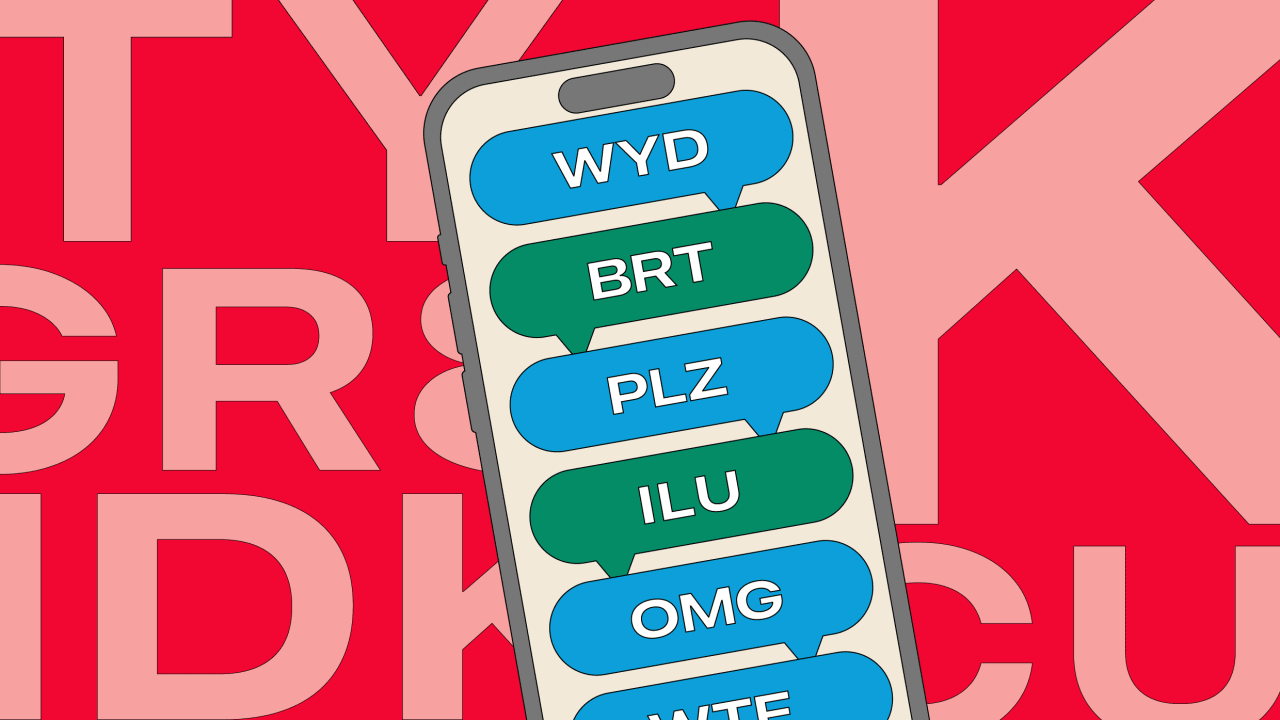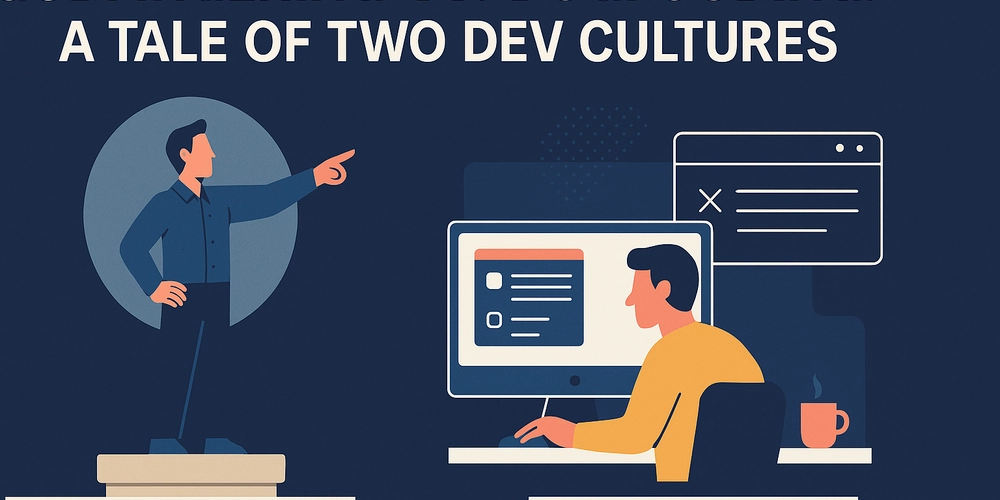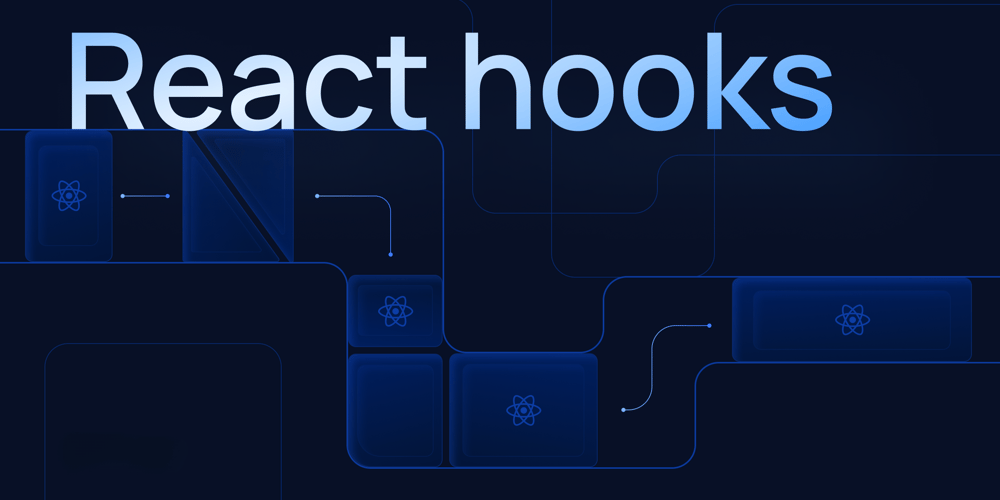Level Up as a Developer: Using AI to Spot and Close Your Coding Skill Gaps
Introduction: The Turning Point That Made Me Rethink My Skillset A few months ago, I found myself stuck during a freelance project. It was a seemingly simple requirement—optimize the performance of a React application. But despite my solid understanding of the MERN stack, I realized I was guessing more than I was solving. That moment made me pause. It wasn’t about not knowing React—it was about not knowing what I didn’t know. That’s when I began exploring how I could use AI not just for writing code or debugging, but for something much deeper: helping me identify the blind spots in my skills. As developers, we’re constantly learning. But without direction, that learning becomes scattered. We watch tutorials, build side projects, and consume content, but how often do we ask, “What’s the next best thing for **me* to learn right now?”* That’s the question I set out to answer using AI. This blog post walks you through exactly how I do it—how I use AI to analyze my current skillset, compare it to industry demands, and create a personalized roadmap for growth. Whether you're a beginner or a working developer, these strategies can help you learn with purpose. 1. Why Identifying Skill Gaps Matters When we talk about improving as developers, most people think about adding more skills—learning the latest framework, understanding system design, diving into DevOps. But real improvement doesn’t just come from adding things. It comes from finding and fixing gaps in what you already know. Here’s why skill gap identification matters: 1. Freelancing Efficiency As a freelance developer, missing skills directly affect the quality of your work. If you don’t know proper performance optimization techniques, deployment workflows, or accessibility best practices, you’ll struggle to meet client expectations. Even if the project gets completed, it won’t be as efficient or scalable as it could be. 2. Job Interview Performance I’ve experienced this firsthand—going into an interview confident in my MERN skills, only to stumble on something like server-side rendering or REST API security. These are skill gaps that don’t surface until they’re tested. Identifying them before you’re in the hot seat gives you a better shot at success. 3. Focused Learning Instead of learning randomly or following every trending tutorial, knowing your weaknesses allows you to focus on what matters most. You’re not just learning—you’re leveling up with intent. 4. Confidence with Clients & Teams When you’re aware of your limitations, you’re in a better position to communicate timelines, request support, or delegate work. You also build more trust by being transparent and showing that you’re actively working to improve.
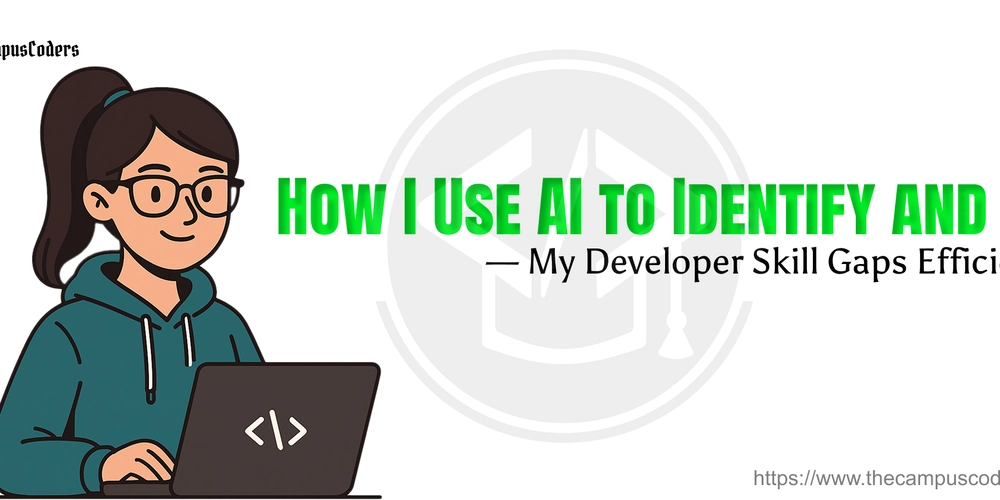
Introduction: The Turning Point That Made Me Rethink My Skillset
A few months ago, I found myself stuck during a freelance project. It was a seemingly simple requirement—optimize the performance of a React application. But despite my solid understanding of the MERN stack, I realized I was guessing more than I was solving. That moment made me pause. It wasn’t about not knowing React—it was about not knowing what I didn’t know.
That’s when I began exploring how I could use AI not just for writing code or debugging, but for something much deeper: helping me identify the blind spots in my skills.
As developers, we’re constantly learning. But without direction, that learning becomes scattered. We watch tutorials, build side projects, and consume content, but how often do we ask, “What’s the next best thing for **me* to learn right now?”* That’s the question I set out to answer using AI.
This blog post walks you through exactly how I do it—how I use AI to analyze my current skillset, compare it to industry demands, and create a personalized roadmap for growth. Whether you're a beginner or a working developer, these strategies can help you learn with purpose.
1. Why Identifying Skill Gaps Matters
When we talk about improving as developers, most people think about adding more skills—learning the latest framework, understanding system design, diving into DevOps. But real improvement doesn’t just come from adding things. It comes from finding and fixing gaps in what you already know.
Here’s why skill gap identification matters:
1. Freelancing Efficiency
As a freelance developer, missing skills directly affect the quality of your work. If you don’t know proper performance optimization techniques, deployment workflows, or accessibility best practices, you’ll struggle to meet client expectations. Even if the project gets completed, it won’t be as efficient or scalable as it could be.
2. Job Interview Performance
I’ve experienced this firsthand—going into an interview confident in my MERN skills, only to stumble on something like server-side rendering or REST API security. These are skill gaps that don’t surface until they’re tested. Identifying them before you’re in the hot seat gives you a better shot at success.
3. Focused Learning
Instead of learning randomly or following every trending tutorial, knowing your weaknesses allows you to focus on what matters most. You’re not just learning—you’re leveling up with intent.
4. Confidence with Clients & Teams
When you’re aware of your limitations, you’re in a better position to communicate timelines, request support, or delegate work. You also build more trust by being transparent and showing that you’re actively working to improve.










































































































































































![[The AI Show Episode 144]: ChatGPT’s New Memory, Shopify CEO’s Leaked “AI First” Memo, Google Cloud Next Releases, o3 and o4-mini Coming Soon & Llama 4’s Rocky Launch](https://www.marketingaiinstitute.com/hubfs/ep%20144%20cover.png)















































































































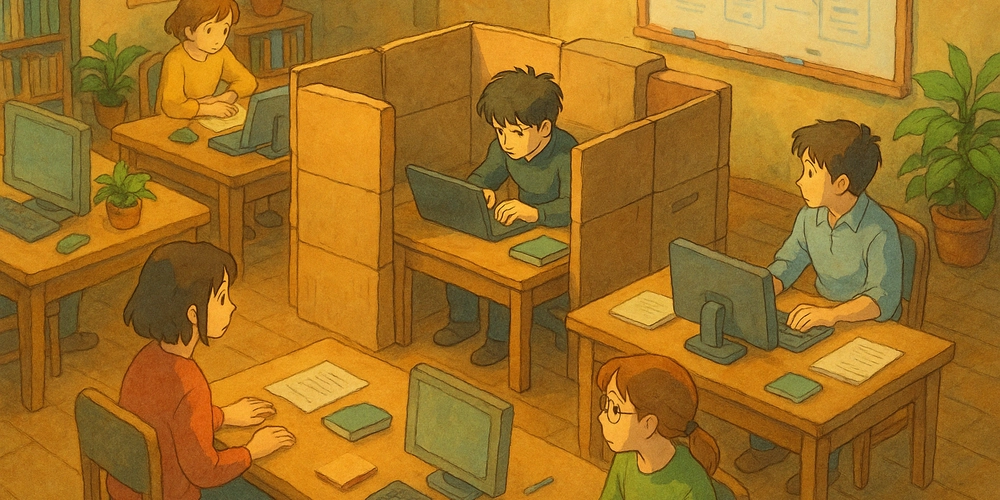
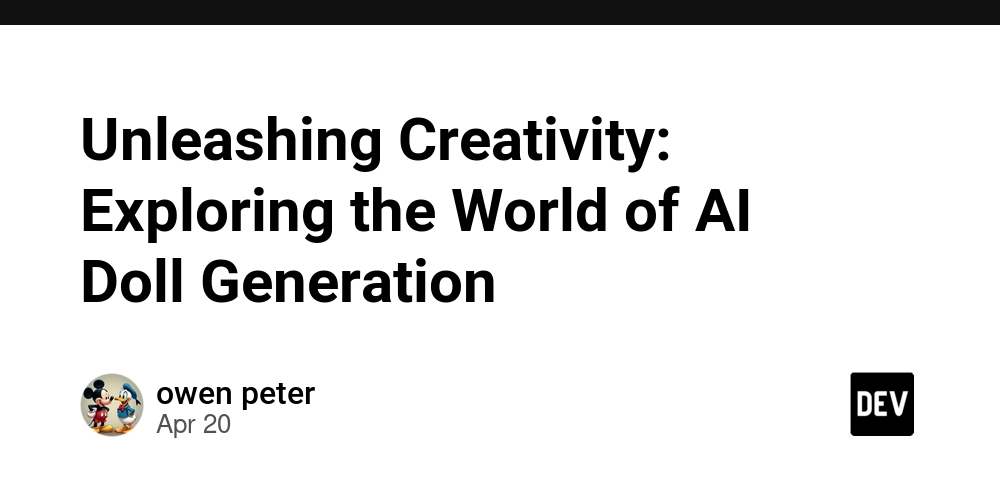
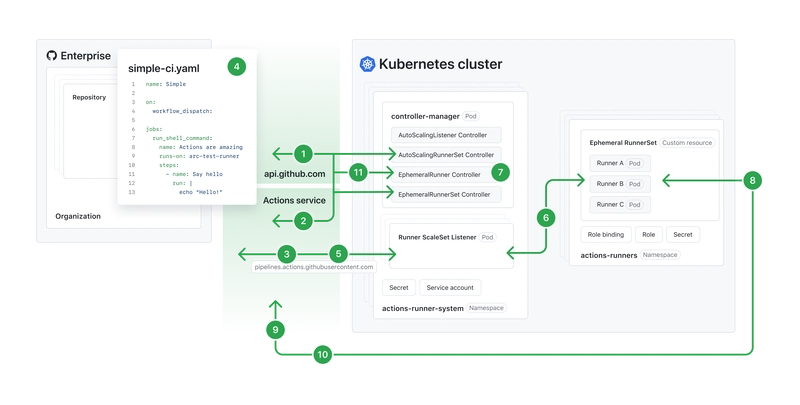
![[DEALS] The All-in-One Microsoft Office Pro 2019 for Windows: Lifetime License + Windows 11 Pro Bundle (89% off) & Other Deals Up To 98% Off](https://www.javacodegeeks.com/wp-content/uploads/2012/12/jcg-logo.jpg)















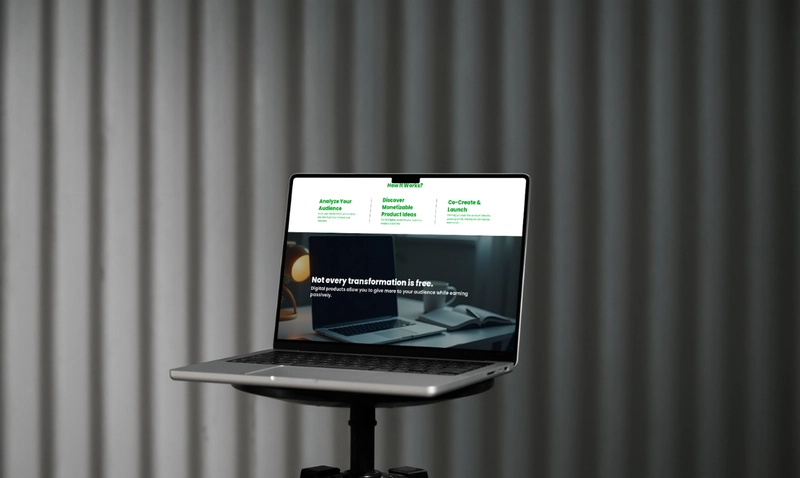





















![Is this too much for a modular monolith system? [closed]](https://i.sstatic.net/pYL1nsfg.png)






















































































































_Andreas_Prott_Alamy.jpg?width=1280&auto=webp&quality=80&disable=upscale#)
























































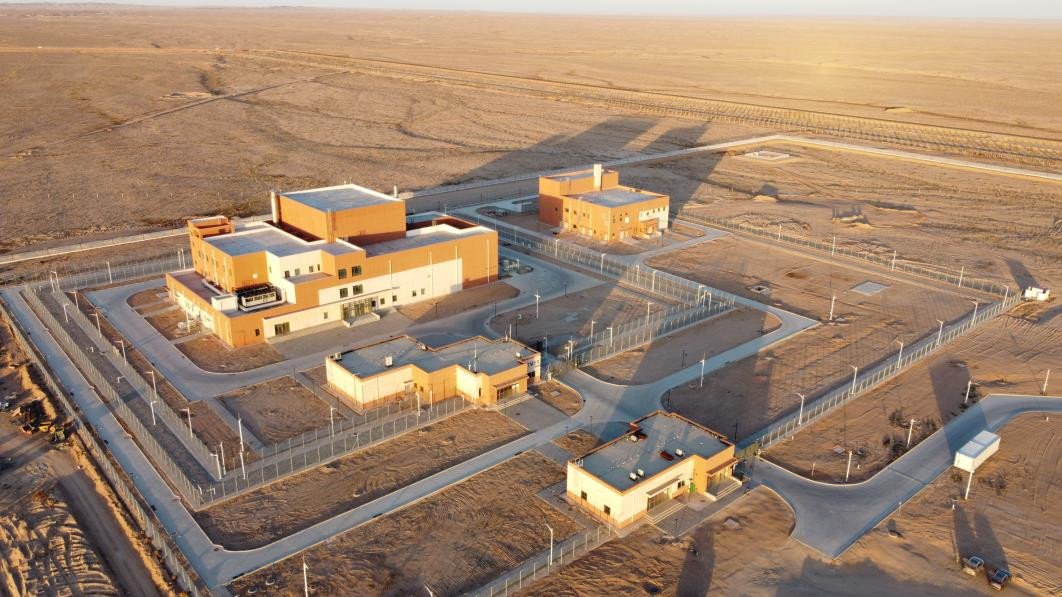

































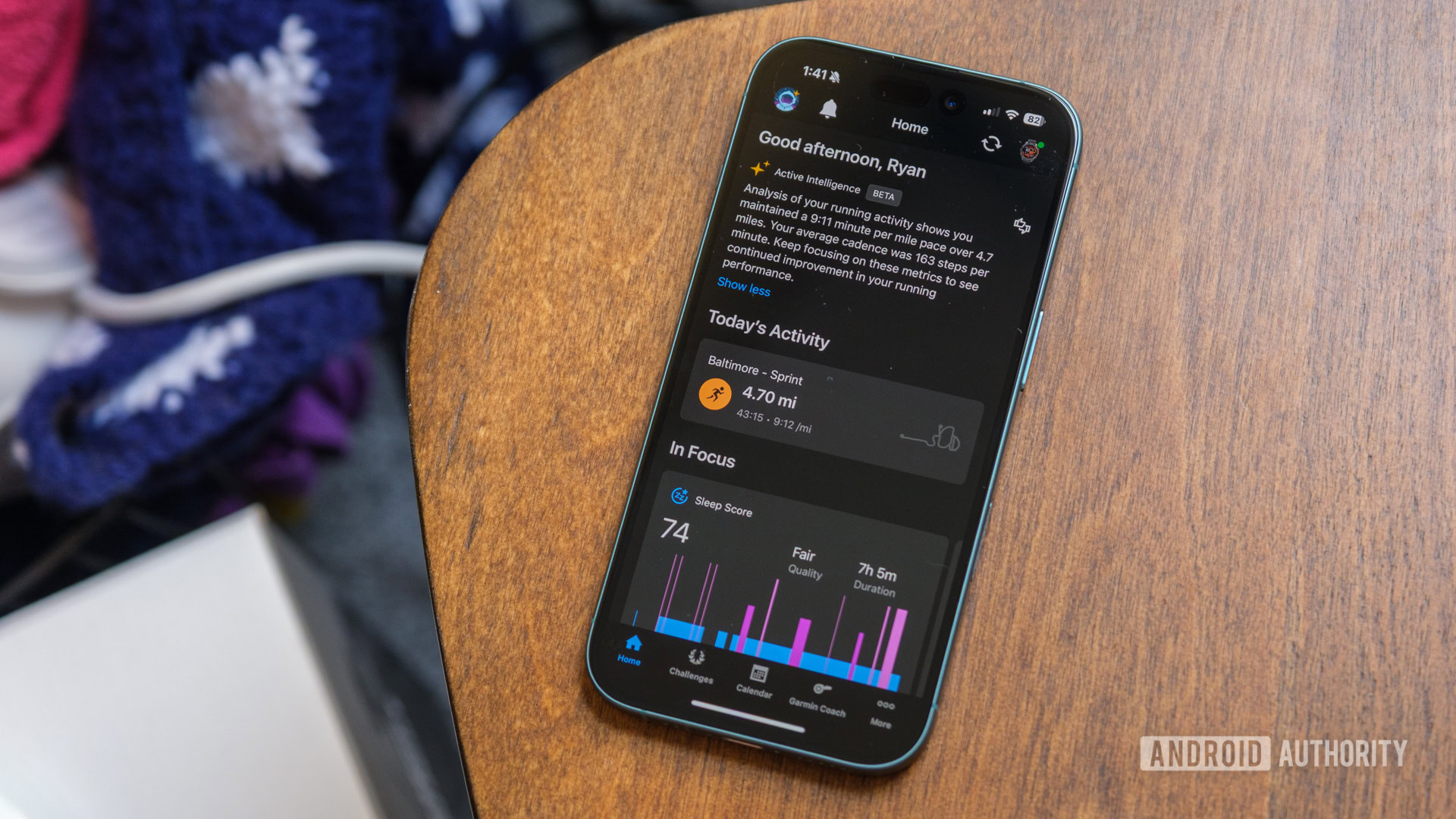





![What features do you get with Gemini Advanced? [April 2025]](https://i0.wp.com/9to5google.com/wp-content/uploads/sites/4/2024/02/gemini-advanced-cover.jpg?resize=1200%2C628&quality=82&strip=all&ssl=1)













![Apple Shares Official Trailer for 'Long Way Home' Starring Ewan McGregor and Charley Boorman [Video]](https://www.iclarified.com/images/news/97069/97069/97069-640.jpg)
![Apple Watch Series 10 Back On Sale for $299! [Lowest Price Ever]](https://www.iclarified.com/images/news/96657/96657/96657-640.jpg)
![EU Postpones Apple App Store Fines Amid Tariff Negotiations [Report]](https://www.iclarified.com/images/news/97068/97068/97068-640.jpg)
![Apple Slips to Fifth in China's Smartphone Market with 9% Decline [Report]](https://www.iclarified.com/images/news/97065/97065/97065-640.jpg)














































































